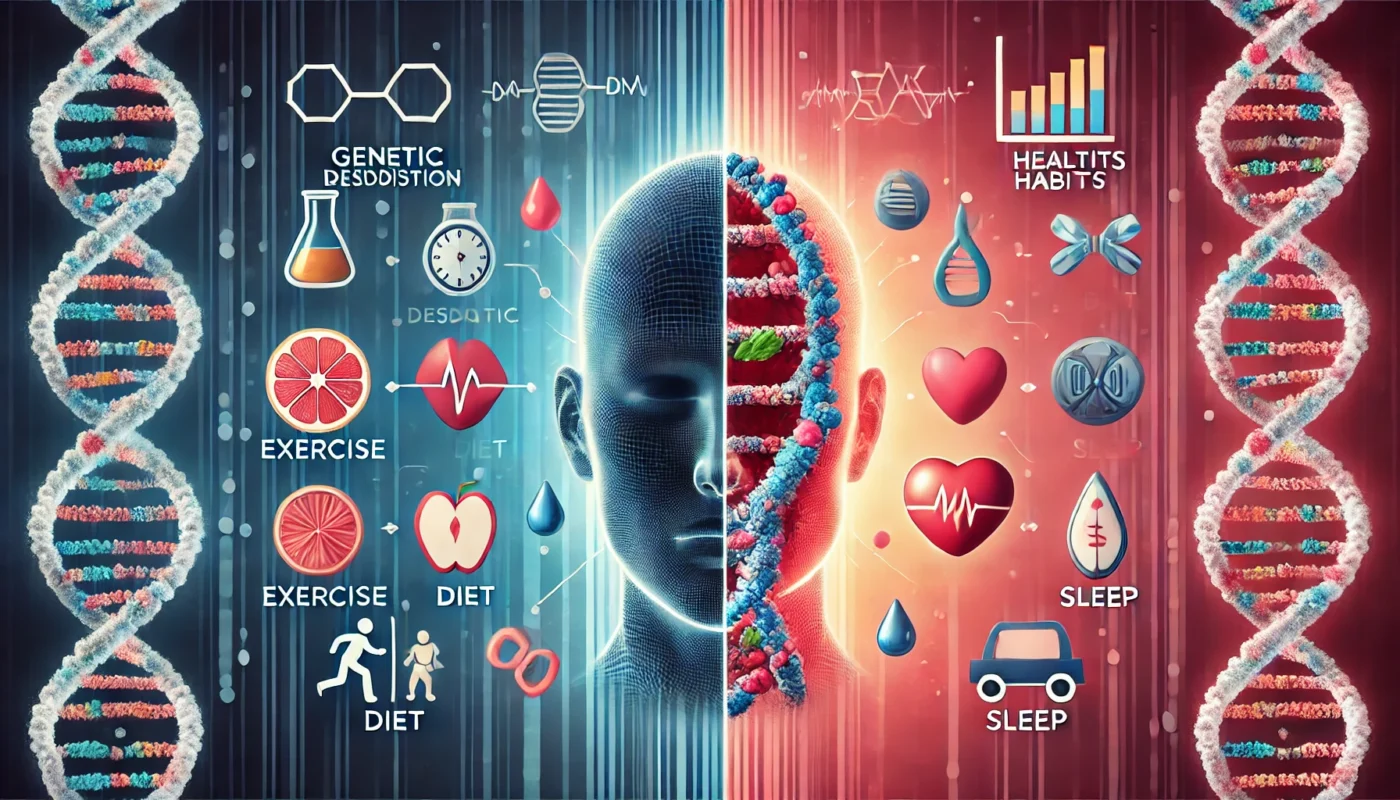In the realm of health and wellness, the body’s ability to heal is a captivating subject. It’s a fascinating intersection of biology, medicine, and personal lifestyle that raises intriguing questions: Why do some people seem to recover from injuries faster than others? Is it all down to genetics, or do lifestyle choices play a significant role? In this article, we’ll delve into the complex world of wound healing, exploring the genetic and lifestyle factors that influence the healing process.
Tag Archives: Machine Learning
Hypertension, or high blood pressure, remains a significant global health concern, affecting over 1.28 billion people worldwide and contributing to the leading causes of cardiovascular disease, stroke, and kidney failure. Despite decades of research, challenges persist in developing more effective, personalized medications for managing hypertension, especially for those with resistant or secondary forms of the condition. However, a new frontier is emerging: artificial intelligence (AI). Leveraging the power of AI in drug discovery is revolutionizing the speed, efficiency, and precision with which new hypertension treatments are being developed. This article explores how AI is transforming hypertension drug discovery, the technologies driving this innovation, and the potential it holds for advancing cardiovascular medicine.
Hypertension, or high blood pressure, is a global health crisis affecting more than 1.28 billion adults worldwide, according to the World Health Organization (WHO). Despite decades of medical advancements, the condition remains a leading risk factor for cardiovascular diseases, stroke, and kidney failure. However, the advent of big data analytics is revolutionizing how hypertension is studied, diagnosed, and managed. By analyzing vast amounts of healthcare data, researchers and clinicians are uncovering patterns, predicting risks, and tailoring treatments with unprecedented precision. This article explores how data-driven approaches are transforming hypertension care, improving patient outcomes, and paving the way for a more personalized and proactive healthcare system.



